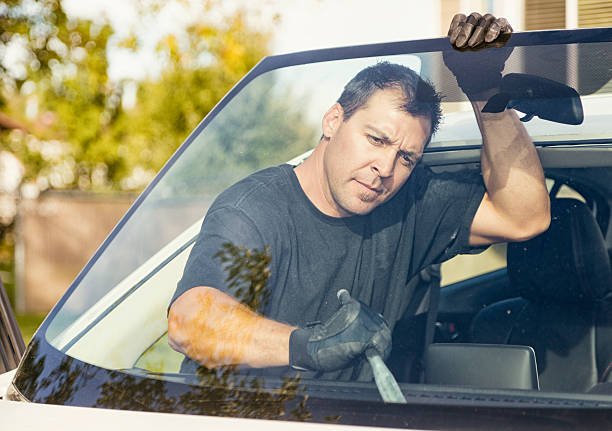
Maintaining Your Auto Glass Through Seasons
Understanding the impact of weather on your auto glass and taking proactive steps to protect it can save you not only from potential hazards but also from costly repairs. Regular inspections, timely repairs, and employing protective measures as per the season are key strategies in maintaining the integrity and safety of your windshield and auto glass. Remember, taking care of your auto glass is an integral part of vehicle safety and maintenance that should never be overlooked. For further guidance, consider the legal considerations for windshield replacement to ensure compliance with local regulations and standards.